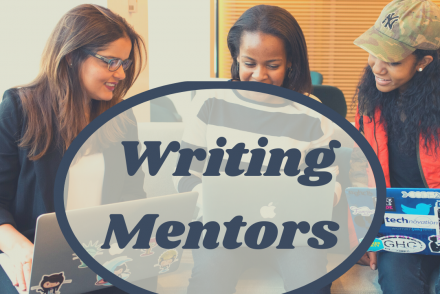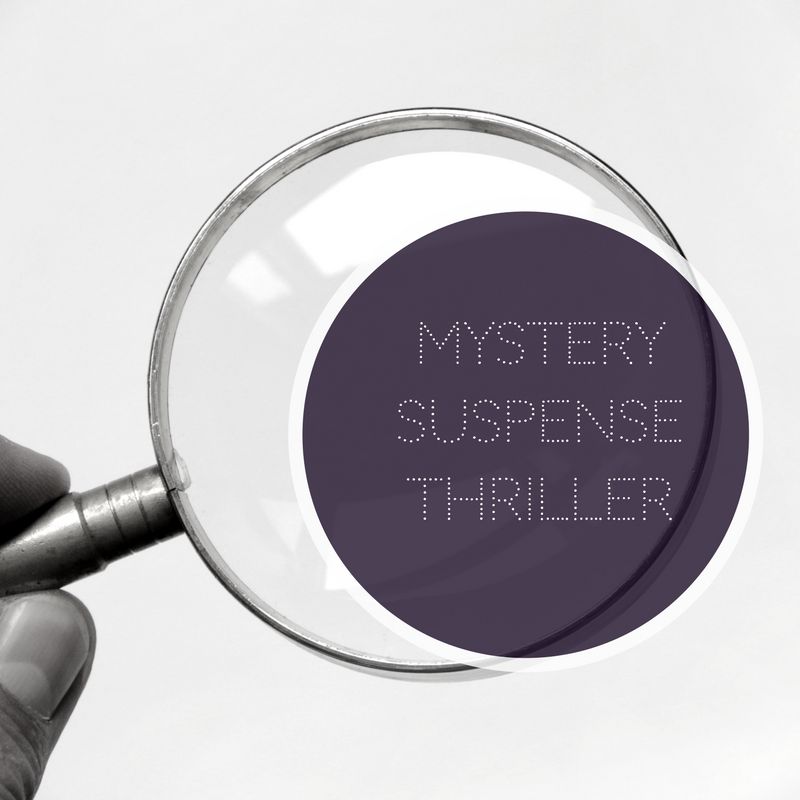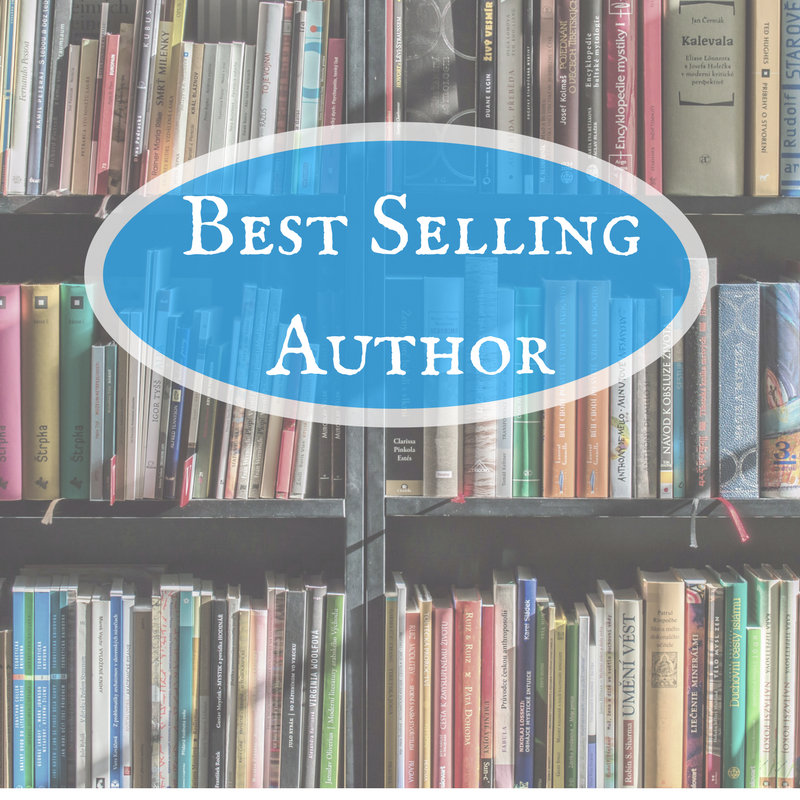
Writers Chat Recap for July, Part 2
Writers Chat, hosted by Jean Wise, Johnnie Alexander, and Brandy Brow, is the show where we talk about all…
July 30, 2021
Writers Chat, hosted by Jean Wise, Johnnie Alexander, and Brandy Brow, is the show where we talk about all…
July 30, 2021
As much fun building characters in a fiction story is, the process is equally challenging. Trying to create memorable…
July 26, 2021
As I was editing my latest WIP, I ran across several instances where my plot followed one character on…
July 23, 2021
Why do you write? Do you have a theme, message, or goal for your books? I write because I…
July 19, 2021
Writers Chat, hosted by Jean Wise, Johnnie Alexander, and Brandy Bow, is the show where we talk about all…
July 15, 2021
The foundation of today’s marketing campaign for brands is content marketing. The kinds of content that can effectively reach…
July 14, 2021
Can you share a little about your recent book? My most recent book for children is Grumpy the Gator.…
July 1, 2021
Writers Chat, hosted by Jean Wise, Johnnie Alexander, and Brandy Brow, is the show where we talk about all…
June 30, 2021
Working for yourself has its own set of rewards and can be extremely lucrative. Being self-employed means being responsible…
June 28, 2021
Audiobooks are gaining popularity. I have always loved audiobooks and am a bit picky when it comes to narrators.…
June 27, 2021
Aspiring to become a writer as a college student may seem retro from a certain point of view. With…
June 26, 2021
What is it and why should we write this way? One of the trends in writing today is the…
June 25, 2021
How user-friendly is your website? Could a stranger understand at a glance what kind information you offer and where…
June 24, 2021
As a book author, you must be able to market your book. It may be hard for you if…
June 22, 2021
Is there anything more fun than being in the library Children’s room at story time? I was the lucky…
June 21, 2021
Writers Chat, hosted by Jean Wise, Johnnie Alexander, and Brandy Brow, is the show where we talk about all…
June 20, 2021
Why do you write? Do you have a theme, message, or goal for your books? I write because I…
June 19, 2021
Ever heard someone say, “I love a good mystery!” That’s more likely than hearing“I love a good suspense story.”…
June 17, 2021
You’ve dreamed of becoming an author for years, and now, you’re preparing to submit your first manuscript to agents…
June 10, 2021
Can you share a little about your recent book? My book 50 Life Lessons for Grads: Surprising Advice for…
June 2, 2021
Every writer wants to write in an inspiring and captivating way. Whether it’s poetry, novels, personal essays, or blog…
June 2, 2021
Writers Chat, hosted by Jean Wise, Johnnie Alexander, and Brandy Brow, is the show where we talk about all…
May 31, 2021
Girl meets boy. Even though it’s obvious to the reader that they would make a perfect couple, they don’t…
May 25, 2021
I am easily overwhelmed when I think about all the things I should be doing to market my book…
May 24, 2021
Why do you write? I was pegged an expressive analytic in a personality test I took through my company.…
May 22, 2021